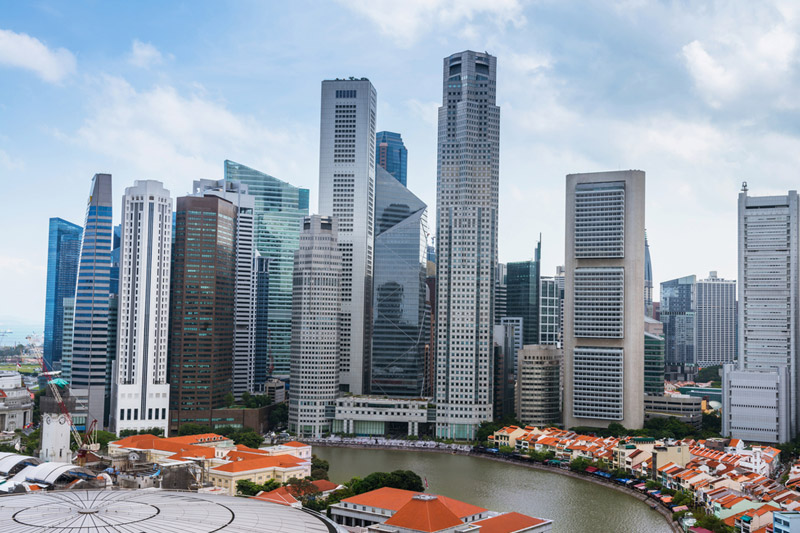By Aradhana Aravindan
SINGAPORE (Reuters) - Japan's Panasonic Corp, best known for its television sets and home theater systems, wants to feed Singaporeans its radishes and lettuce.
A unit of the electronics conglomerate last week started selling to a chain of Japanese restaurants in Singapore fresh produce grown in what it says is the first licensed indoor vegetable farm in the island state.
The move ties Panasonic's deeper push into farming technology with land-scarce Singapore's ambition to reduce its near-total reliance on food imports.
"We foresee agriculture to be a potential growth portfolio, given the global shortage of arable land, climate change and increasing demand for quality food as well as stable food supply," Hideki Baba, managing director of Panasonic Factory Solutions Asia Pacific, told reporters.
The facility, which presently has a small production capacity of 3.6 tonnes annually, produces 10 types of vegetables such as mini red radishes and baby spinach.
Indoor farming has found favor with other hi-tech Japanese companies as well. Fujitsu Ltd is growing lettuce at its Fukushima province plant, while Sharp Corp is testing growing strawberries indoors in Dubai.
In Singapore, Panasonic's 248 square meter farm is located inside a factory building on the outskirts of the city, where standard fluorescent lighting gives way to a pinkish-purple glow from LED lights brought in to nurture the plants. The company restricts visitors to maintain the controlled levels of temperature, humidity and carbon dioxide.
It aims to grow more than 30 crop varieties by March 2017 and account for around 5 percent of local vegetable production. It said the vegetables grown at its facility could be half the price of those flown in from Japan.
Panasonic said Singapore was ideal for its indoor farm due to the country's low food self-sufficiency and limited land.
Singapore, ranked by the World Bank as the second most densely populated country, imports more than 90 percent of its food.
Singapore produced nearly 22,000 tonnes of vegetables in 2013, compared with a little more than 17,000 tonnes in 2004, according to the Agri-Food and Veterinary Authority. Last year it imported 514,574 tonnes of vegetables.
While Singapore ranks fifth out of 109 countries in the Economist Intelligence Unit's global food security index, the government wants to diversify its food sources and become more self reliant in producing eggs, fish and leafy vegetables.
As part of its efforts, it has provided some funding and research support to local vertical farming company Sky Greens, which grows leafy vegetables at its farm in three-storey high frames inside greenhouses.
The farm currently has 600 such towers and intends to expand to 2,000 by next year. It can produce up to one tonne of vegetables a day, which it sells to local supermarket FairPrice. Some farms in Singapore are also using aeroponics or hydroponics - growing plants without soil.
Agro-technology expert Lee Sing Kong said Singapore can improve its food security for perishable items like vegetables, which cannot be stored for long periods unlike grains, by using new techniques of cultivation to increase productivity.
"We must grow some of our own in order to provide a kind of buffer during the period when supply has been disrupted," said Lee, a professor of biological sciences at Singapore's Nanyang Technological University.
Still, some locally grown produce comes at a premium. At FairPrice, Sky Greens' nai bai vegetable retails at more than double the price of an import from China.
(1 US dollar = 1.2470 Singapore dollar)
(Additional reporting by Sophie Knight in TOKYO; Editing by Rachel Armstrong and Emily Kaiser)
